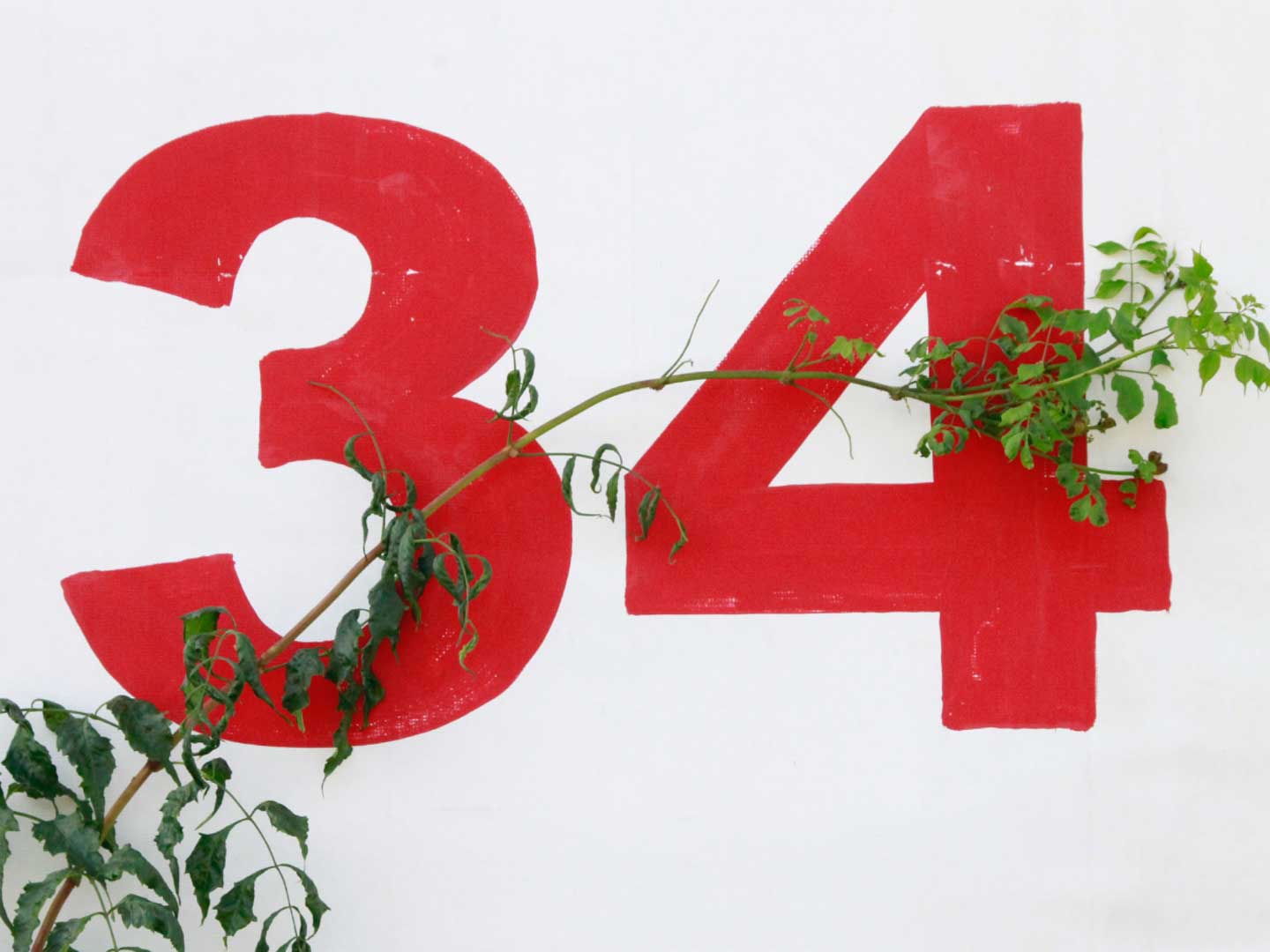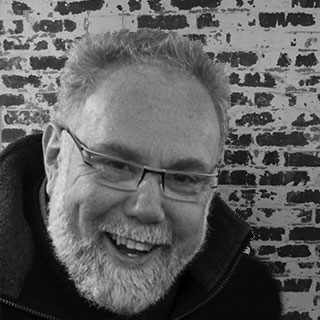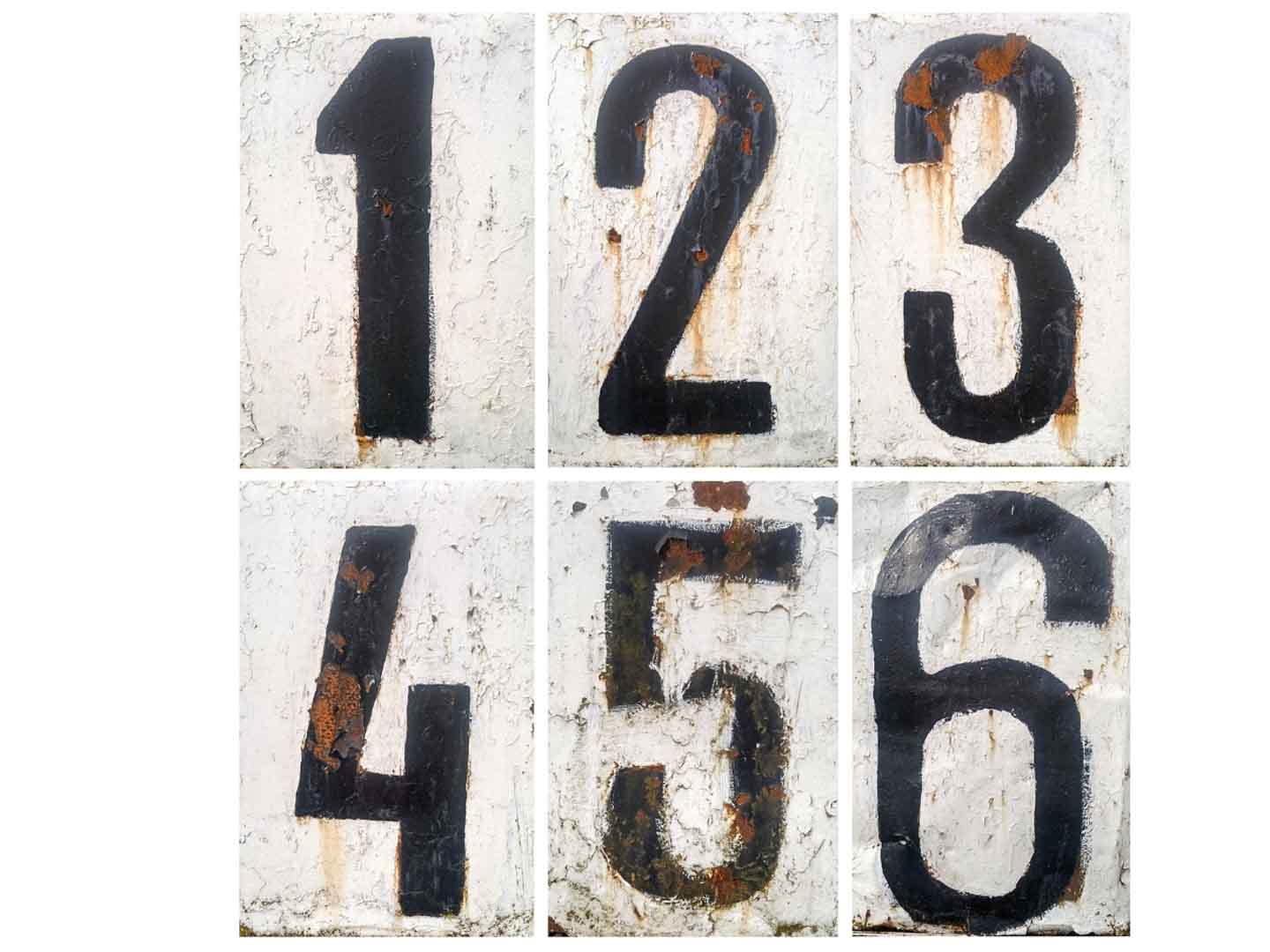
Christmas in a Time of Numbers

In a short poem “Becoming Human” by Hafiz[1], the pilgrim seeker wants to know if the wonderous dreams that he is having are true. Hafiz responds by asking the pilgrim random questions, like how many goats he has. The seeker is confounded, puzzled about any connection between his dreams and his goat herd. Hafiz asks, “How many wives do you have? …rose bushes? …children? Are your parents still alive?” Finally, Hafiz says, “You asked me if I thought your visions were true. I would say that they were if they made you become more human…more kind to every creature and plant that you know.”
Numbers
At this particular time in history, we are inundated with numbers.
Over the past nine months, I have become exhausted by daily reports about the pandemic—new cases, deaths, hospitalizations, comparisons. And in the fall, many of us were worried and wearied as we waited for and listened to figures being tallied in elections that would have an impact on us.
Life has become magnified and intensified through totals and percentages. Somehow, these have the power to increase our fears and anxiety around our everyday lives and struggles.
And so, we might ask ourselves questions similar to those posed by Hafiz: “Do numbers make us more kind to our family and neighbours and physical world? Are we becoming more human?”
Of course, numbers can be useful and may sometimes be necessary, but in this COVID time, they may divert our attention and dull our senses. We can slip into a space in which we do not register persons and simply focus on statistics.
Numbers bombard us, and we can fall into the trap of not recognizing that each number is really a life with a story. How do I fight this dehumanizing and numbing number fatigue? What should I really pay attention to?
Stories vs. Numeric Questions
These numbers actually represent intergenerational stories, and our Creator God is the source of each story.
We sometimes forget this in our religious settings, where numbers dominate:
- What is our weekly church attendance?
- What is the annual budget and weekly giving?
- How many conversions have we witnessed this year?
It might make a big difference if we focused on our stories and asked narrative questions rather than numeric questions.
- Is our church a welcoming place for all people, even those who are perceived to be different and have been shunned by us and others?
- Instead of experiencing conversion as a single act of stepping over a line, perhaps we should understand conversion as a lifelong journey of exploring the Kingdom of God.
Then, rather than focusing on numerical signposts that impress or promise, we can tell each other stories along the way, as we learn to become human within ourselves and with others.

Tell us their Names
When I was full-time chaplain with the Portland Hotel Society, I was often called upon to facilitate memorials. Over the 10+ years working in the Downtown Eastside, a growing number of overdose deaths played out, so people were curious about how many memorials I had done.
Early on, I decided not to directly answer such questions.
I had discovered a poem by Padráig Ó Tauma[2] called “The Pedagogy of Conflict.” Section III begins: “When I was a child, I learnt to count to five—one, two, three, four, five. But these days I count lives, so I count one life, one life, one life…because each time is the first time that that life has been taken.” Some of you may have read this poem or heard me use this excerpt.
I find it reminds me that when we describe the loss of a life as a number, we can be present only in the shallow and shadow side of experience.
When we remember one life at a time, we are aware of the connections.
We become more human when we recognize a person who died was a mother, father, son, daughter, cousin, grandmother, grandfather, auntie or uncle—not merely a statistic. Each was a human being in complex, storied relationships with others, full of joys and sorrows, hopes and realities of life.
When a news announcer reports on 20 overdose deaths in Vancouver, I find myself shouting at the TV: Tell us their NAMES! —or at least identify them as 5 fathers, 3 mothers, 4 uncles, 3 aunties and 2 brothers and 3 sisters.
Each one is one life…one life…one life worth noticing and honouring.
Christmas is when we celebrate the birth of one child, born during a time of a census—a child who, during his life journey on earth, would teach us about being truly human and show us that God counts us as His own.
 This article was written by Al McKay, a Chaplain, in collaboration with Mia McKay. Al's favourite part of his work is seeing Jesus in unfamiliar places of the Downtown East side in Vancouver. When Al was a kid, he wanted to be a teacher or a famous rock drummer when he grew up. If Al had a free afternoon, you'd find him spending time with his wife. To read more articles from our Al and our Corporate Chaplains, you can visit our Chaplains Blogs.
This article was written by Al McKay, a Chaplain, in collaboration with Mia McKay. Al's favourite part of his work is seeing Jesus in unfamiliar places of the Downtown East side in Vancouver. When Al was a kid, he wanted to be a teacher or a famous rock drummer when he grew up. If Al had a free afternoon, you'd find him spending time with his wife. To read more articles from our Al and our Corporate Chaplains, you can visit our Chaplains Blogs.
